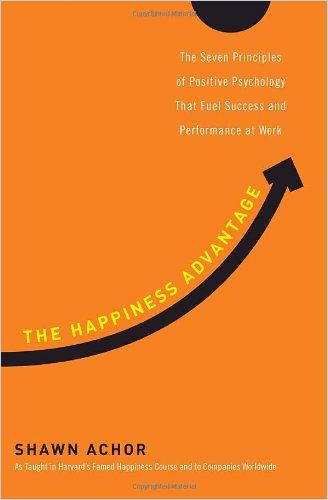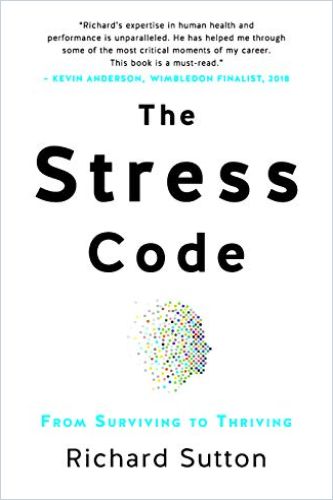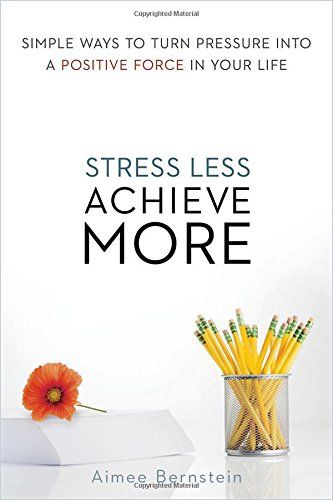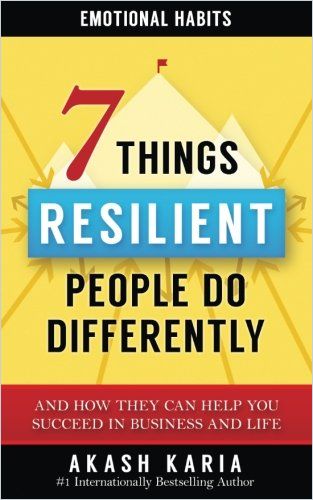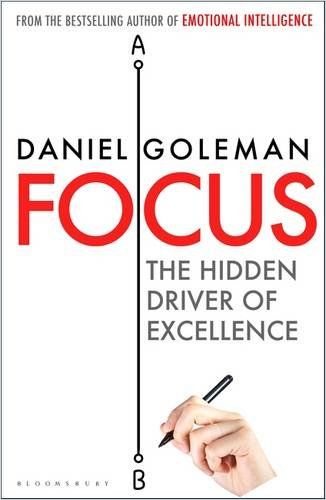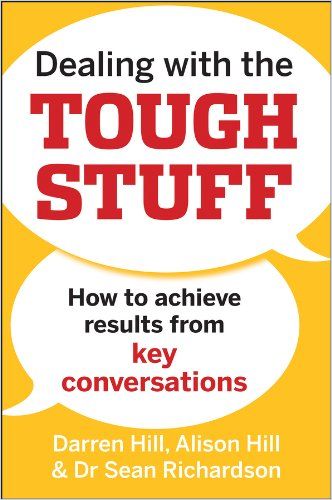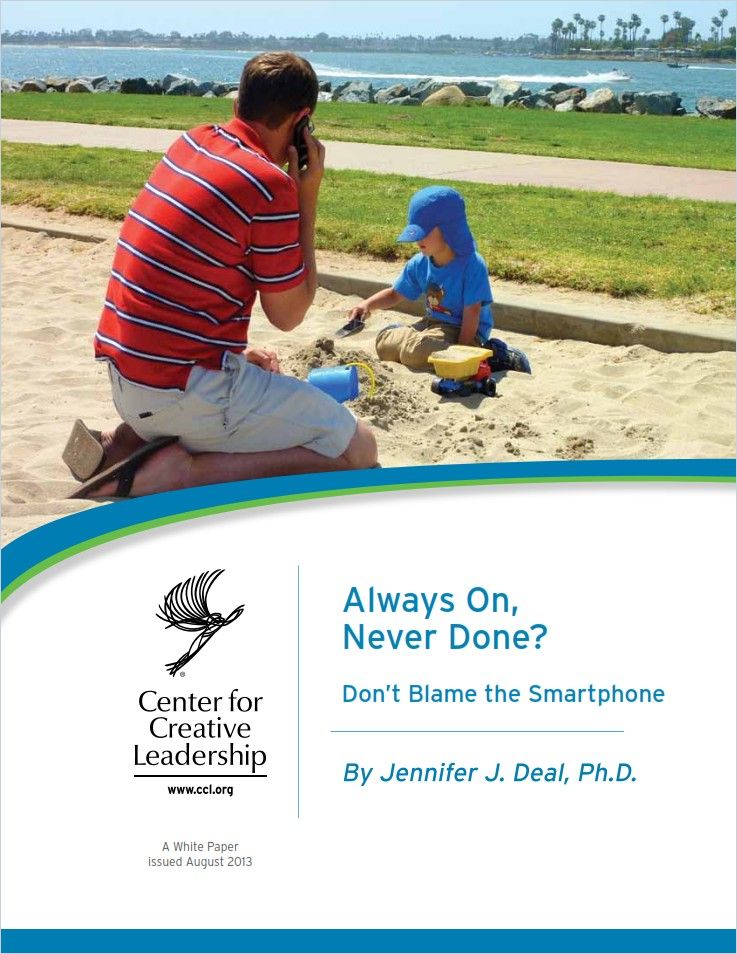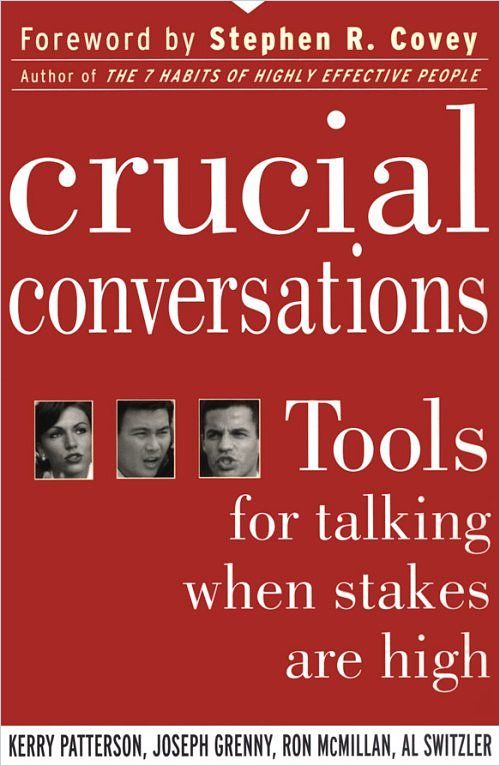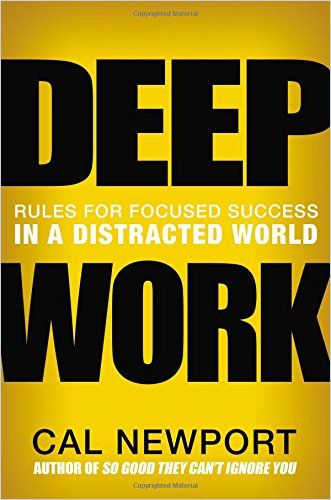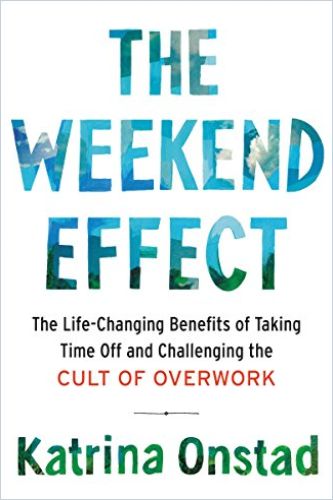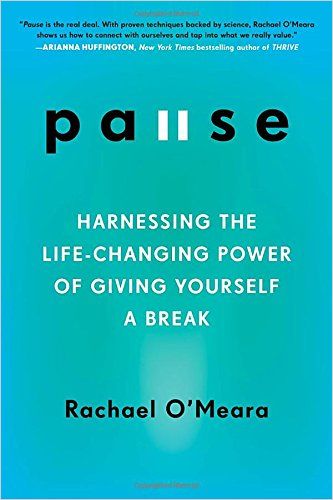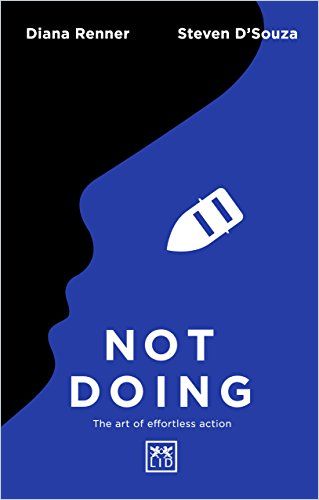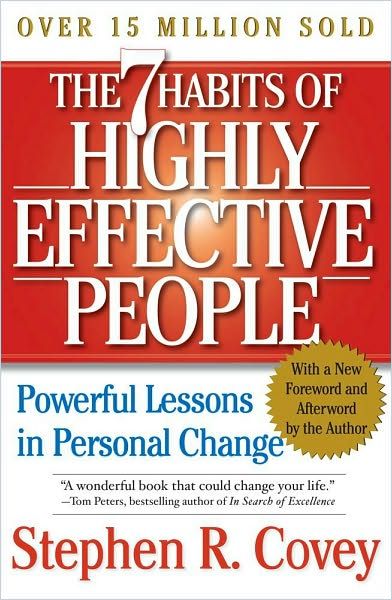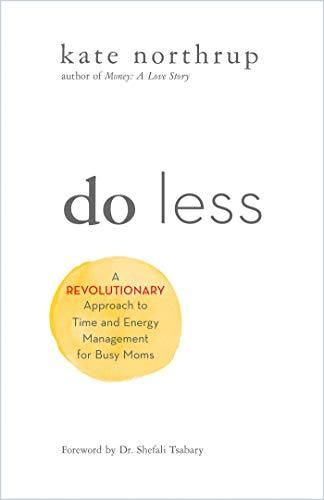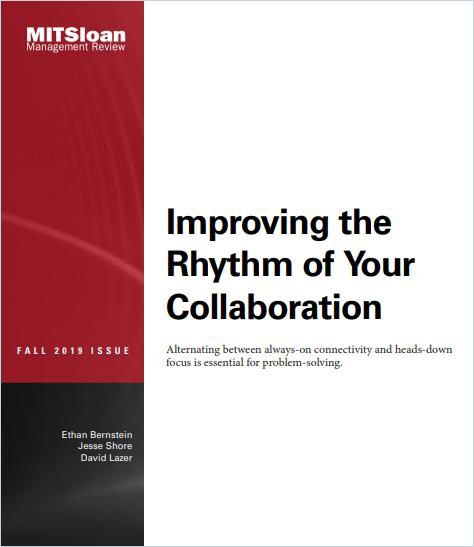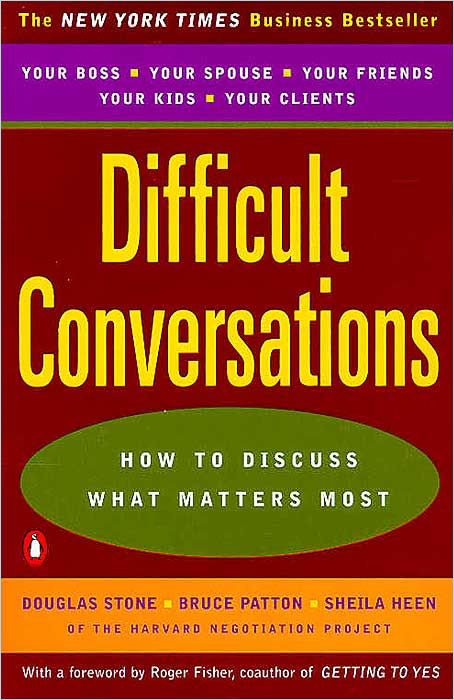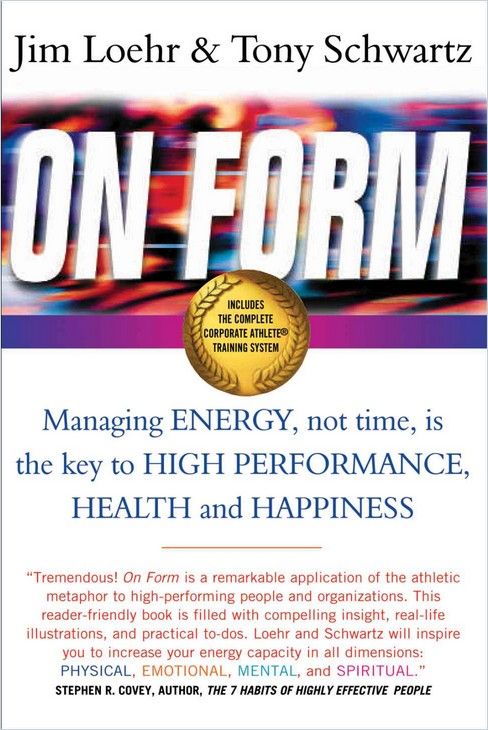How Can I Support Employees Who Are Experiencing Burnout Due to Stressors from All Aspects of Life?

“Many of our customers are experiencing new forms of burnout, at the same time as their employees,” says Mildred Rivas-Aiken, customer success manager at getAbstract. “They are trying to move as fast as they can because they not only feel it themselves; they see how it is impacting their employees. There is hope though: We are starting to see that employees are less stressed and more engaged, in their personal lives and at work. The biggest difference we have seen is that many of them are now able to safely see their friends and families. They are able to re-energize through personal relationships.”
So, we might need more than a work-life balance – rather a balance of our energy. Naz Beheshti, author of Pause. Breathe. Choose. says her research shows that we “should instead focus on work-life engagement. We thrive and are at our best when engaged and energized in our professional and personal lives. I repeatedly urge clients to think less about managing their time and more about managing their energy.”
Scientists have studied burnout and found commonalities in symptoms that people exhibit. It is essential to recognize them and understand the stages that you may experience as they increase. Noticing the subtle changes in your outlook and behavior empowers you to put your plan of action in place and stop the burnout before it worsens.
According to psychologists Herbert Freudenberger and Gail North, the 12 stages of burnout are:
- The compulsion to prove oneself – Demonstrating worth obsessively. It tends to hit the best employees – those with enthusiasm who accept responsibility readily.
- Working harder – An inability to switch off.
- Neglecting needs – Erratic sleeping; eating disrupted; lack of social interaction.
- Displacement of conflicts – Problems are dismissed; may feel threatened, panicky, and jittery.
- Revision of values – Values are skewed; friends and family dismissed; hobbies seen as irrelevant. Work is the only focus.
- Denial of emerging problems – Intolerance; perceiving collaborators as stupid, lazy, demanding, or undisciplined; social contacts harder; cynicism and aggression; problems are viewed as caused by time pressure and work, not because of life changes.
- Withdrawal – Social life small or nonexistent; need to feel relief from stress, alcohol/drugs.
- Odd behavioral changes – Changes in behavior obvious; friends and family concerned.
- Depersonalization – Seeing neither oneself nor others as valuable, and no longer perceive own needs.
- Inner emptiness – Feeling empty inside and – to overcome this – may look for activity such as overeating, sex, alcohol or drugs; activities are often exaggerated.
- Depression – Feeling lost and unsure; exhausted; future feels bleak and dark.
- Burnout syndrome – Can include total mental and physical collapse. Time for full medical attention.


